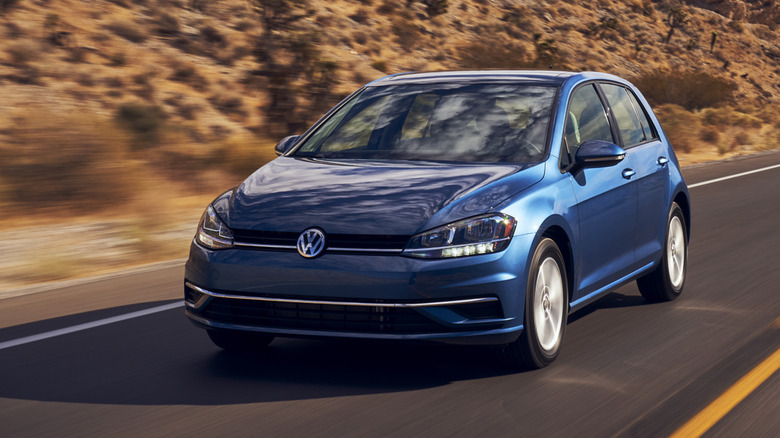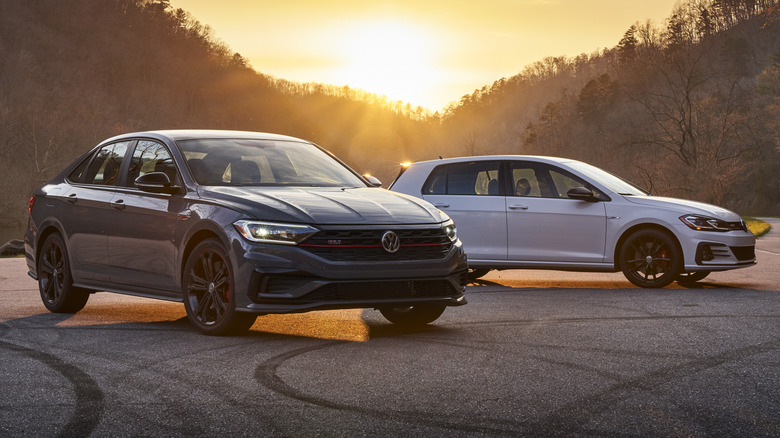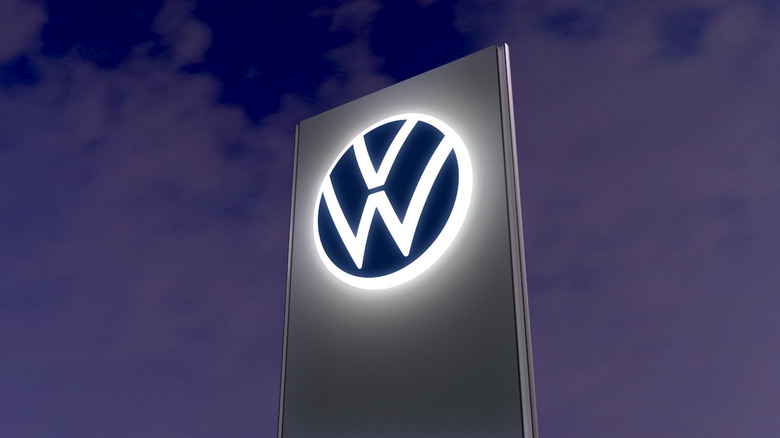Why Do Volkswagen Cars Depreciate So Fast?
At a glance, it doesn't really make sense. Volkswagen has a storied heritage, German engineering, and sleek-looking models loaded with tech. Yet on the resale charts, they tumble faster than you'd expect. For instance, a 2020 Volkswagen Golf typically depreciates approximately 42% over three years, with a current resale value of around $12,822. Similarly, 2020 Tiguan typically sees a depreciation of about 44% over five years, resulting in a resale value of approximately $16,068. Casting a wider net, MotorTrend's latest data says that the average Volkswagen retains just 46.9% of its value after five years. That's a statistic that puts it on the back foot compared to much of the competition.
Part of this comes down to a far from excellent reputation for quality, besides the practical metrics. On forums like Reddit's r/whatcarshouldIbuy, VW owners often cite recurring maintenance issues and the high cost of parts as deal-breakers. One user, abrandis, even described their Passat as a "maintenance diva." Of course, this isn't the case everywhere, and pricing and availability for parts can vary greatly from place to place.
Still, a consistent theme in user discussions is skepticism around Volkswagen's long-term reliability — something that's stuck to the brand despite some newer models being relatively solid. Looming in the background of all this is Dieselgate, the emissions scandal that stained Volkswagen's reputation. That scandal continues to influence how the brand is perceived, particularly on the used market.
Dieselgate's long tail of damage
Before electric cars took over the conversation, diesel was Volkswagen's big selling point, especially in the U.S. In the country, their "clean diesel" vehicles were marketed as a greener alternative to hybrids. But behind the scenes, many of these cars were equipped with software that cheated emissions tests. They met federal NOx standards in the lab, but on the road, they were emitting up to 40 times the legal limit.
This Dieselgate scandal exploded in 2015 and a study by West Virginia University tipped off regulators, eventually leading to the revelation that over 500,000 U.S. cars and 10.5 million globally were affected. Volkswagen wasn't just slapped with lawsuits, they were also forced to cough up $15 billion in the U.S. alone to buy back or fix cars and fund environmental initiatives. The news made big headlines, and all of it led to distrust that continues to influence perceptions today, even when looking at newer models like the Tiguan or Atlas.
What to keep in mind as a resale-conscious buyer
Volkswagen's resale woes may sound bad, but they are far from the worst in the industry. There are several luxury and mainstream car brands that have poor depreciation, according to SlashGear's analysis. Land Rover is one of the worst, with models like the Range Rover and Discovery regularly losing more than 60% of their value. BMW also struggles, particularly with high-end offerings like the 5 Series, 7 Series, and iX, some of which can shed over 70% of their original price.
Mercedes-Benz has similar issues, especially the S-Class. Other brands like Nissan and Kia also have their trouble spots. But in a lot cases, electric cars have the worst resale value, due to several reasons. On the other end of the spectrum are names like Toyota, Honda, Subaru, and Mazda. These tend to hold their value better across the board, thanks to proven reliability, lower maintenance costs, and stronger demand on the used market.


